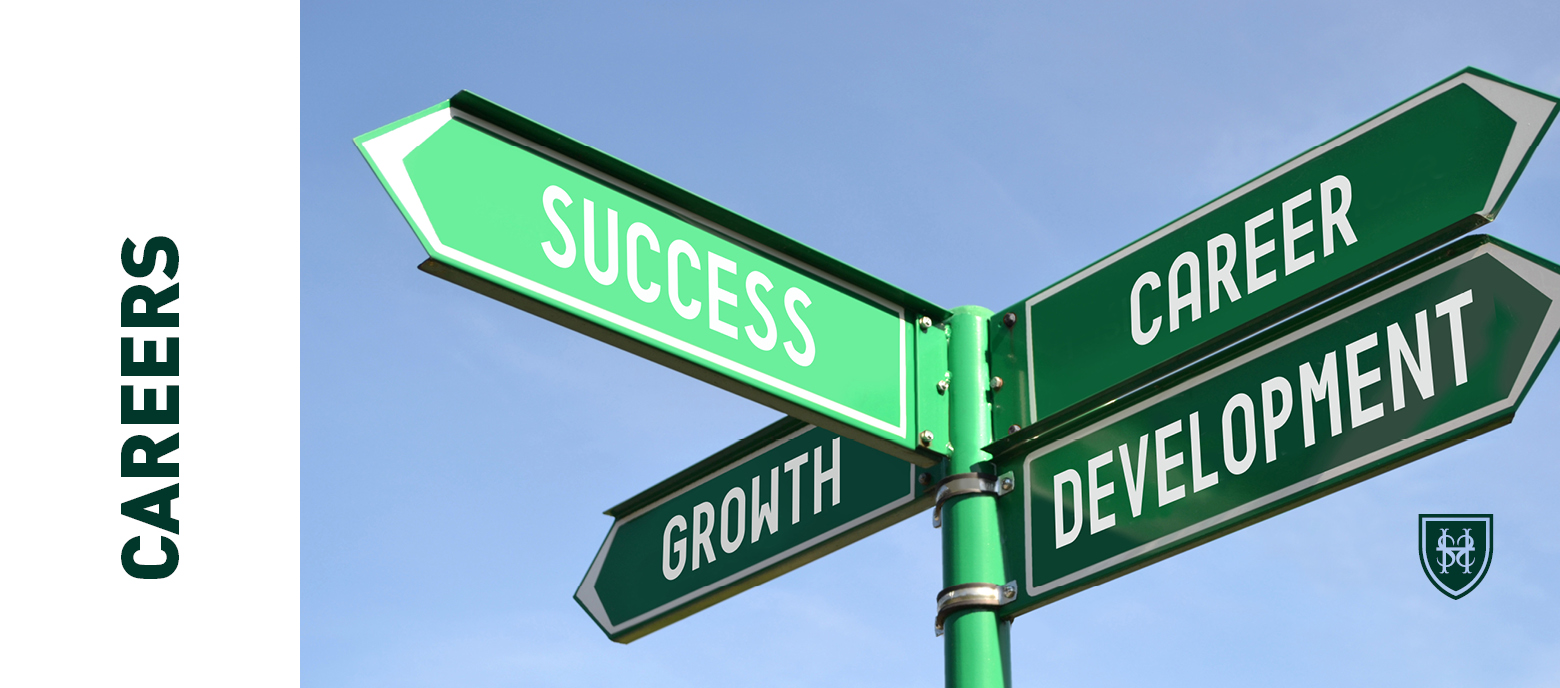Medicine and Health
MOOCs (choose one or more seminars from these free online university courses)
EdX’s Medicine Course List – hundreds of medicine related courses particularly from leading US universities.
Coursera’s Health Related Course List – more than medicine related health based MOOCs.
Imperial College London’s Let’s Talk About Covid-19 – hear directly from world-class experts about the theory behind the analyses of COVID-19 and its spread, while learning how to interpret new information using core principles of public health, epidemiology, medicine, health economics, and social science. 18 hours, rolling access.
Aberdeen University’s How Does the Body use DNA as a Blueprint? – an introduction to the basics of molecular biology and how DNA code works. 12 hours, rolling access.
Aberdeen University’s What Drives the Body? – an introduction to the different components and systems in the body that keep us alive and healthy. 12 hours, starts 11 May.
Bath University’s Inside Cancer – How genes influence cancer development.
Exeter University’s Genomic Medicine: Transforming Patient Care in Diabetes – 8 hrs, starts 18 May.
UCL’s Airway Matters – although this is focused at medical professionals, this may be of interest to budding medics interested in respiratory medicine during the coronavirus pandemic.
Sheffield University’s Discover Dentistry – an entertaining and illuminating course for everyone to explore the impact dentistry has on our lives.
Lectures
King’s College London’s Global Health and Social Medicine – university taster day lecture – ‘Medicine cannot be understood without understanding its social context’.
Gresham College’s Medical Lectures – from top academics at this London-based institution that has delivered free lectures for over 400 years. Includes a number of lectures from Professor Chris Whitty, one of the chief scientific leaders in the UK’s response to the coronavirus on infectious diseases, cancer and epidemics.
Channel 4’s Can Science Beat the Virus? – ‘Question Time’ style panel discussion with panel of scientists talking about approaches to Covid-19 – asked and answered many of the questions we want to know.
University College Oxford’s Staircase 12 Medical Sciences Resources – bringing Oxford University Medical Sciences to life – podcasts, activities, news articles, lectures and more.
Royal College of Physicians’ Medicinal Plants – watch podcasts and lectures to learn about unique and bespoke collections of plants that offer living examples of the history of medicine from the era of the pyramids of Egypt to today’s life-saving prescription drugs.
UCL’s The Planet, Economy and Ourselves post-Covid: Health Trends in Rich Countries – Professor Brunner discusses that COVID-19 reminds us of our deep vulnerability to environmental threats. Climate change is the biggest threat of all, and rich countries must seize this moment to build a truly sustainable future. This brief lecture reflects on a major obstacle to such transformation: the widespread assumption that economic growth is obligatory in the interest of our well-being and health.
UCL’s Cooling Babies to Protect the Brain – Professor Robertson discusses how cooling babies deprived of oxygen at birth improves their chances of growing up without disabilities such as cerebral palsy, blindness and epilepsy.
UCL’s The Battle Within: Mobilising our Immune System to Fight Cancer – Dr. Quezada: For more than 100 years, scientists have attempted to use the immune system to control cancer. In this talk we will discuss the science that led to new therapies as well as the directions that this area of research is likely to take in the near future.
UCL Lancet Lecture: Economic Growth and Women’s Health Outcomes One of the most surprising features of the recent rapid income growth in emerging economies is how it has not been associated with significant improvements in women’s health outcomes. Professor Ghosh uses indicators (such as the infant mortality rate, the maternal mortality rate and the child sex ratio) to explore the specific experience of India over the past two decades.



